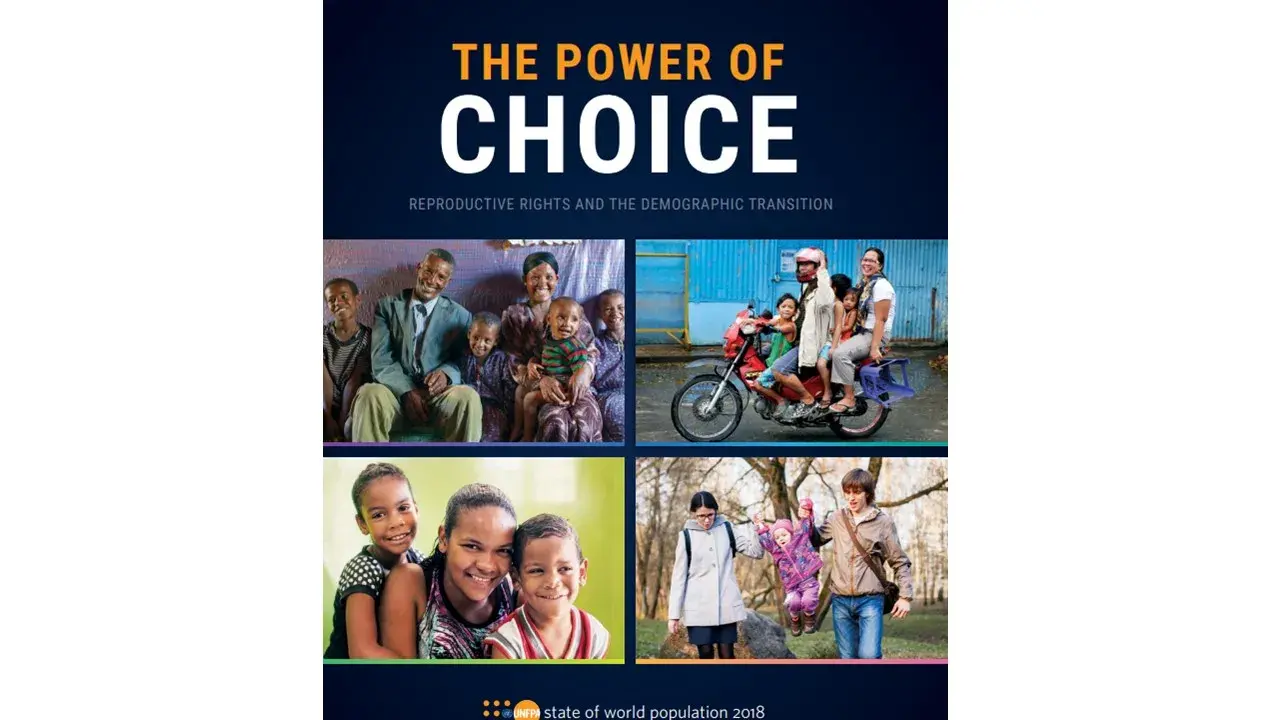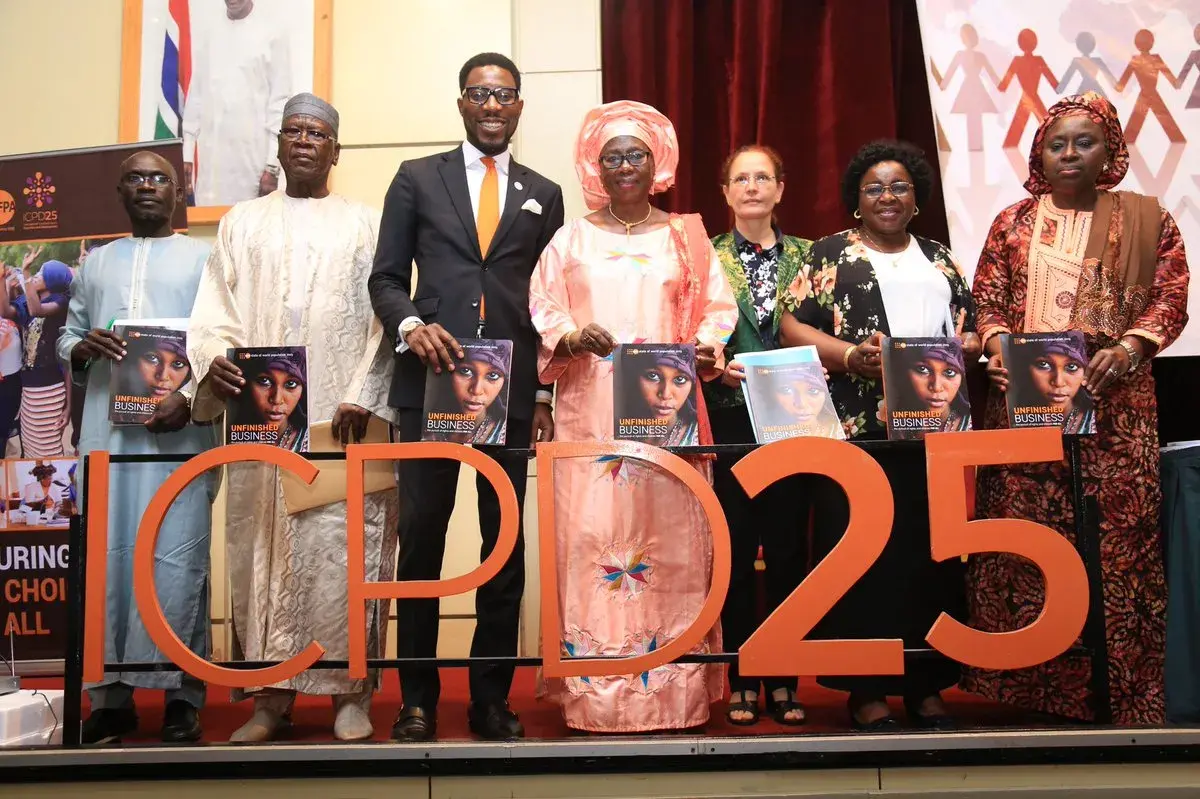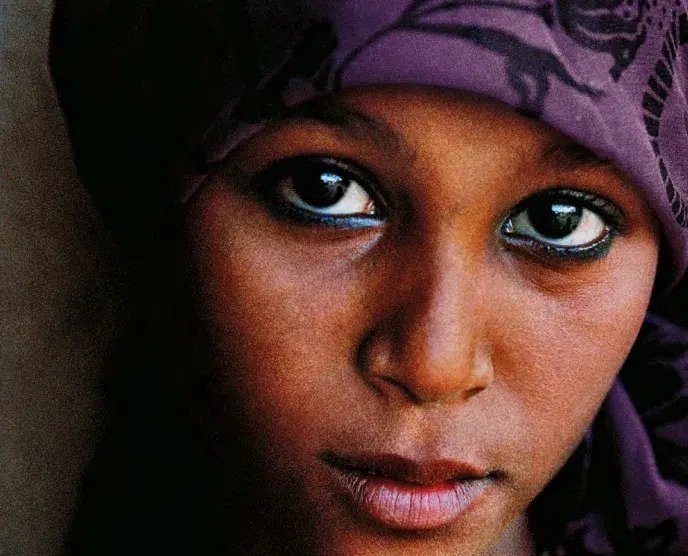CHOICE CAN CHANGE THE WORLD. It can rapidly improve the well-being of women and girls, transform families and societies, and accelerate global development. The extent to which couples and individuals have real choices about whether and when to have children, and how many children to have, also has a direct impact on fertility levels. Where people are able to make these decisions for themselves, they tend to choose smaller families.
Where choices are constrained, they tend to have families that are either large or very small, sometimes with no children at all. No country can yet claim to have made reproductive rights a reality for all. Choices are limited for far too many women. And this means that there are still millions of people who are having more—or fewer—children than they would like, with implications not only for individuals, but also for communities, institutions, economies, labour markets and entire nations.
For some, the pursuit of reproductive rights is thwarted by health systems that fail to provide essential services, such as contraceptives. For others, economic barriers, including poor-quality, low-paying jobs and an absence of childcare, make it next to impossible to start or expand a family. Underlying these and other obstacles is persistent gender inequality, which denies women the power to make fundamental decisions in life.
In the 1994 Programme of Action of the International Conference on Population and Development, governments committed to enabling people to make informed choices about their sexual and reproductive health as a matter of fundamental human rights. Now, almost 25 years later, this continues to require ensuring that individuals have access to the means to decide freely and responsibly the number, spacing and timing of their children. The 2030 Agenda for Sustainable Development reinforces these principles by making reproductive health and rights a specific aim. In fact, reproductive rights are integral to realizing all the Sustainable Development Goals. THAT IS THE POWER OF CHOICE.
The way forward is the full realization of reproductive rights, for every individual and couple, no matter where or how they live, or how much they earn. This includes dismantling all the barriers—whether economic, social or institutional—that inhibit free and informed choice.
This report is about global fertility trends, but it is also about choice- or lack of it - and what that means for women, for couples, and for countries' prospects for development.
The report makes the case that choice can change the world.





